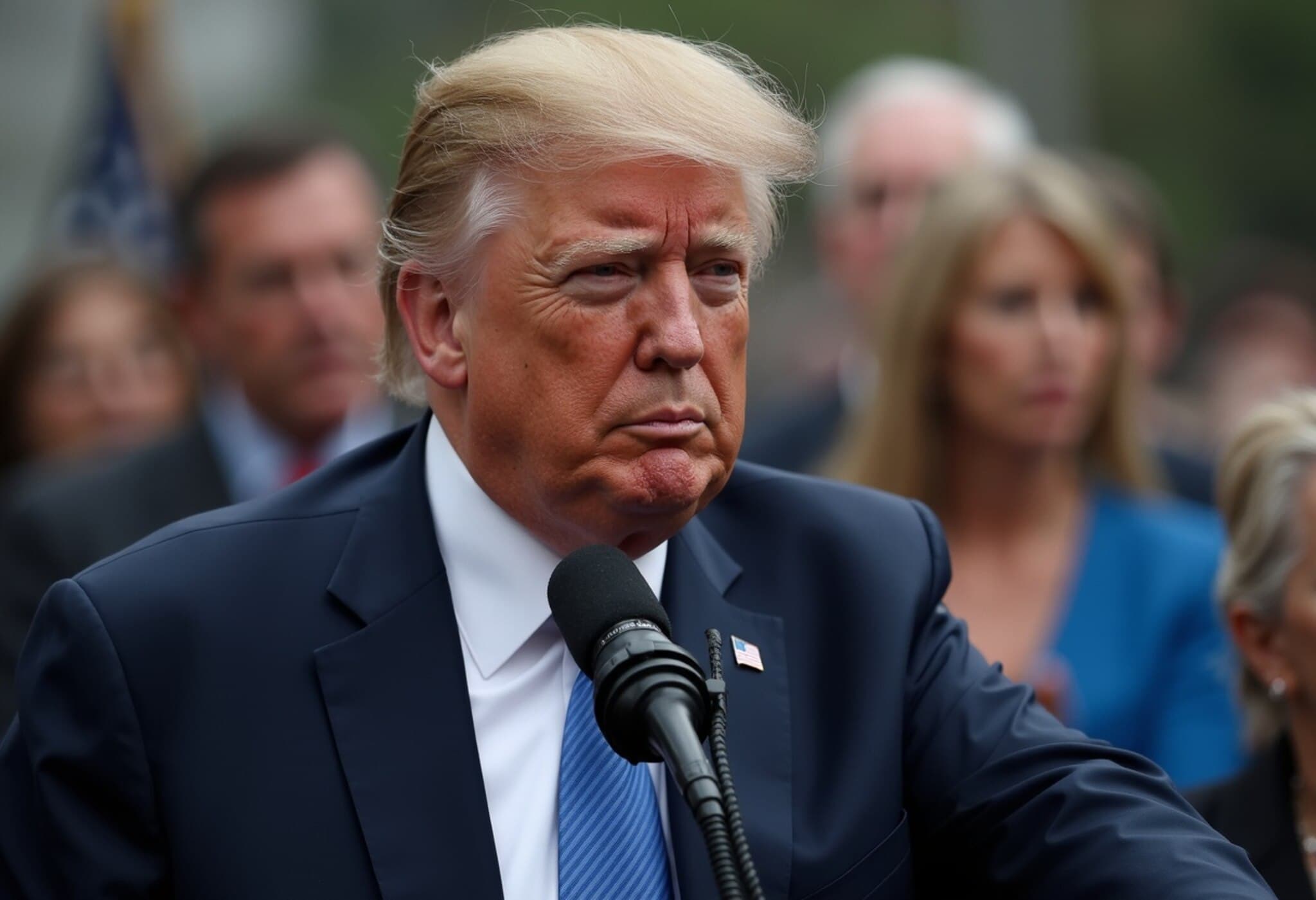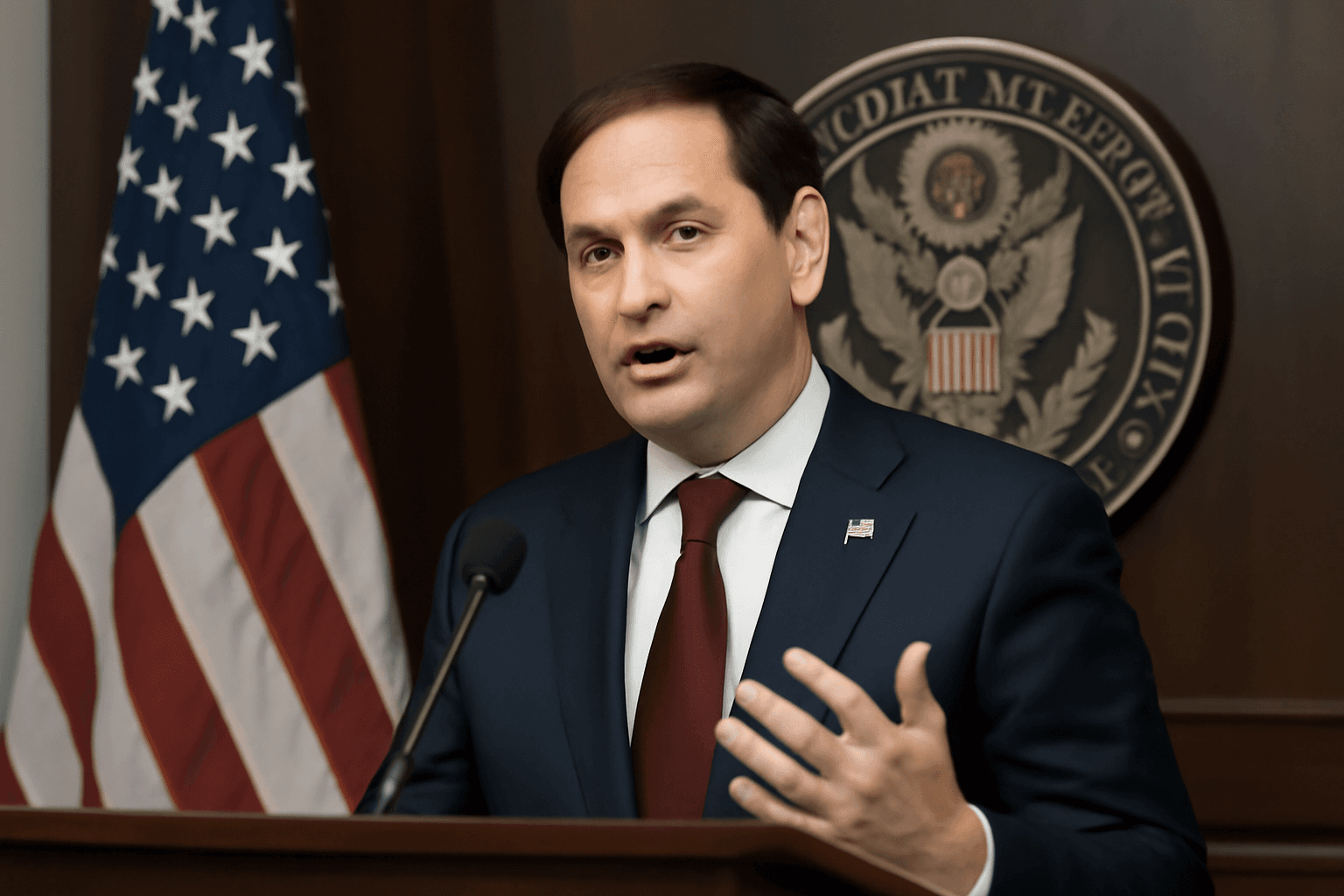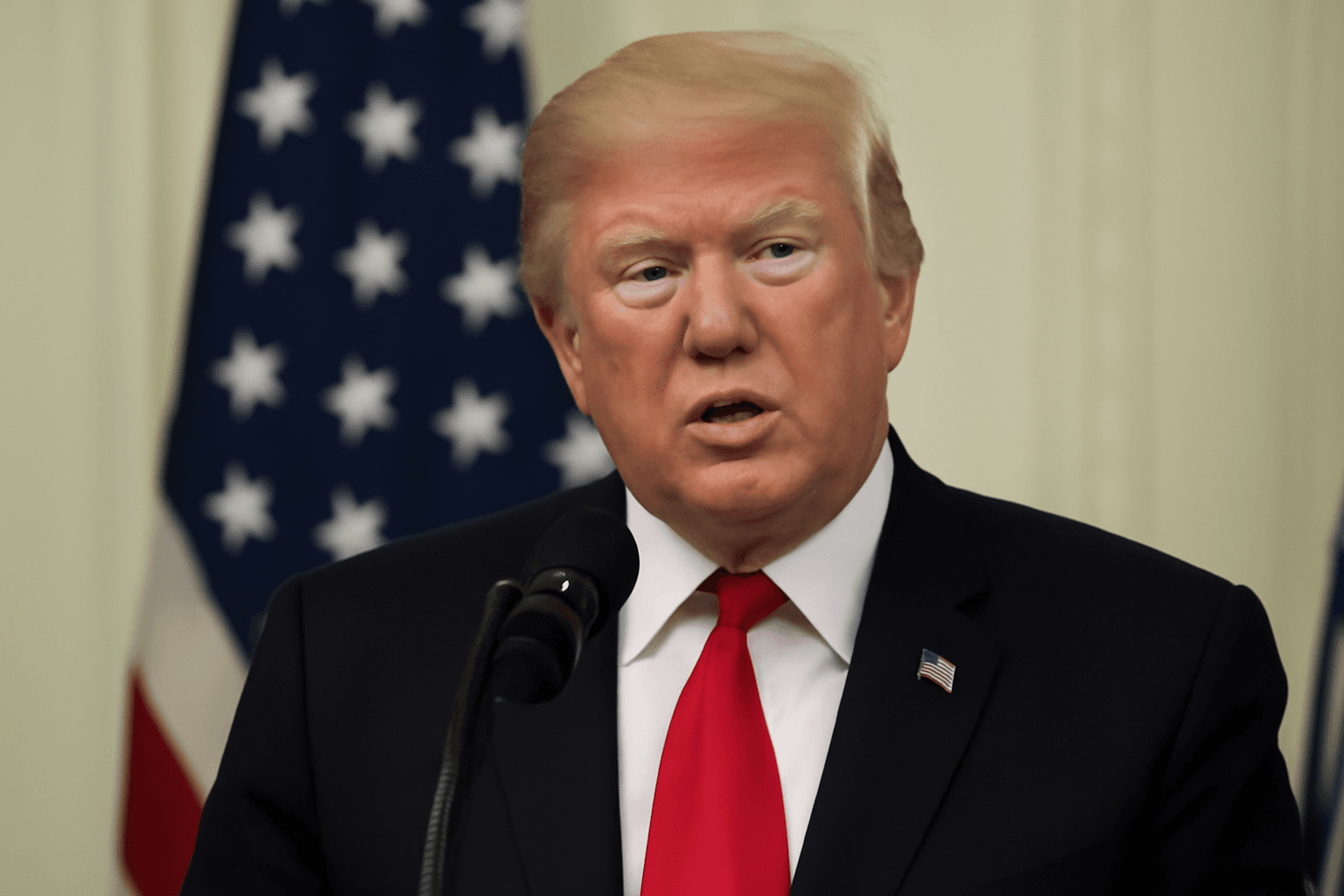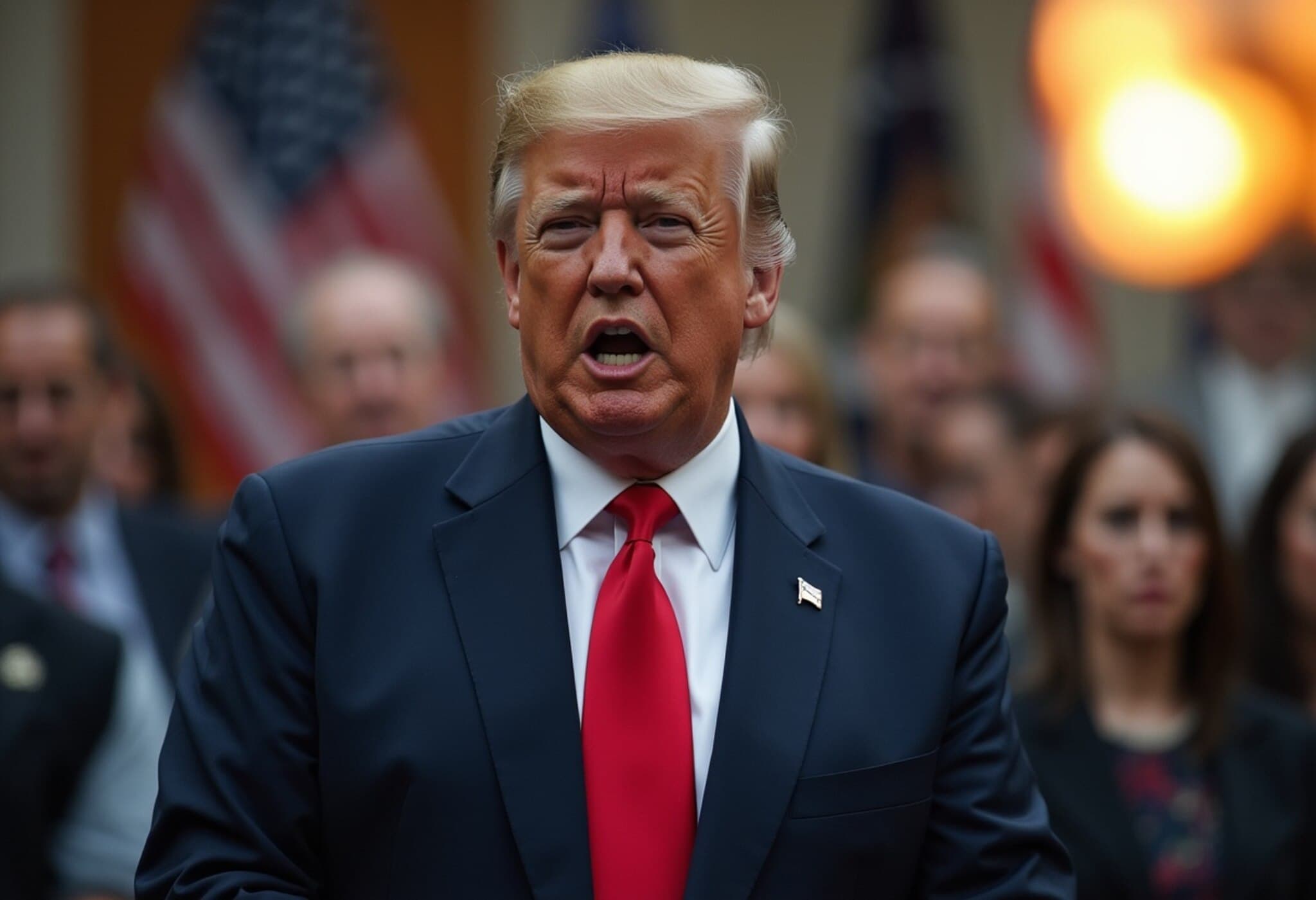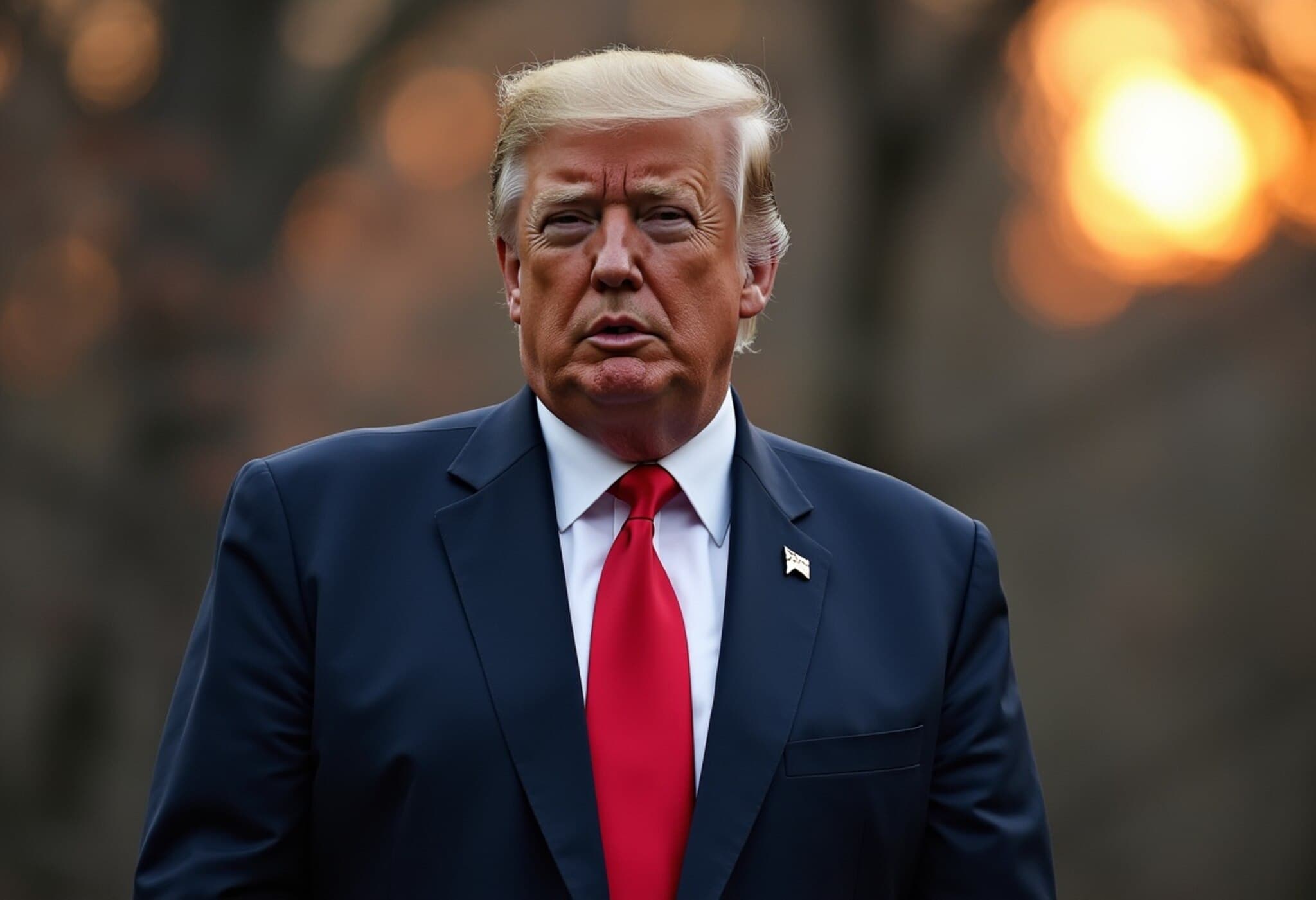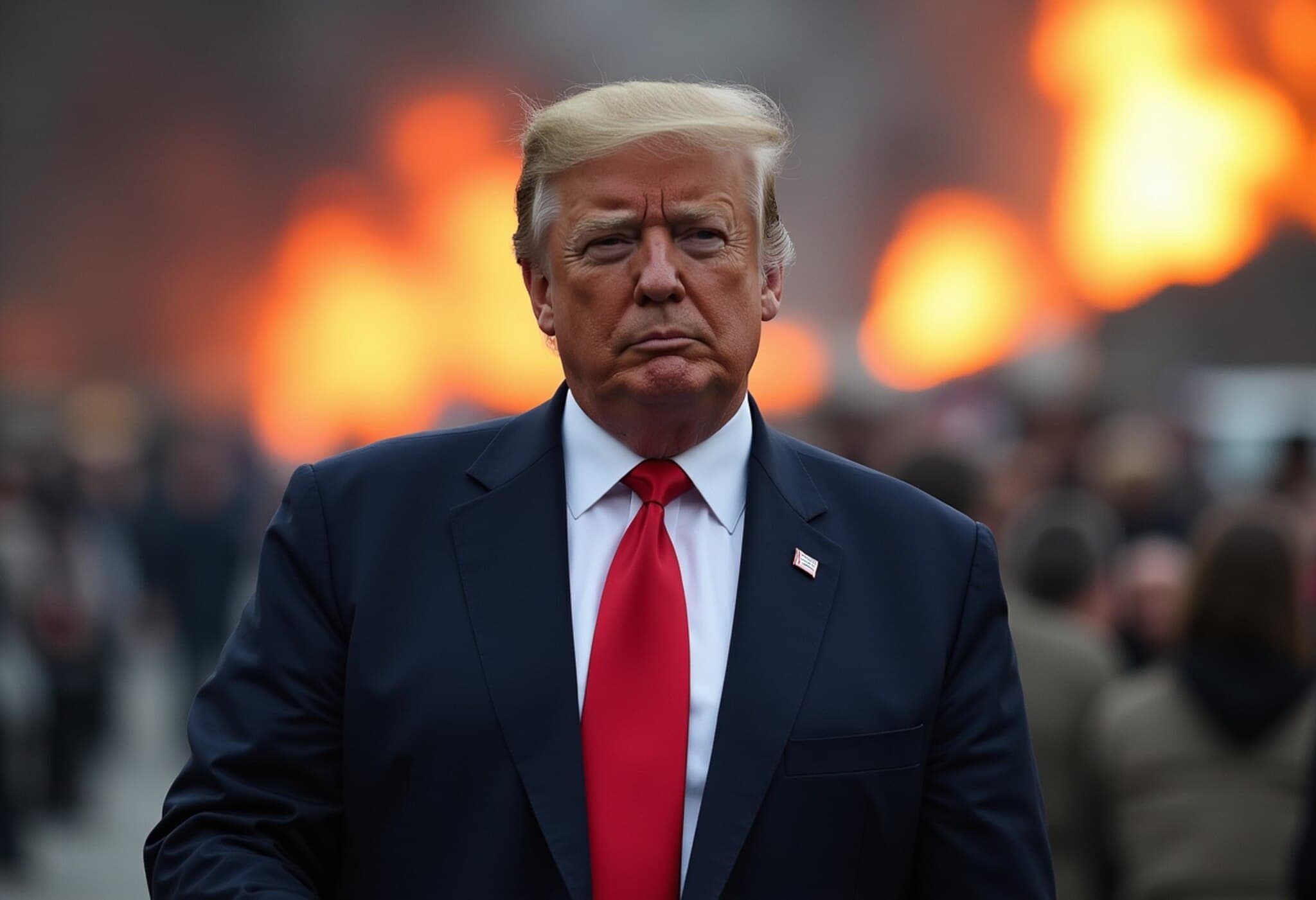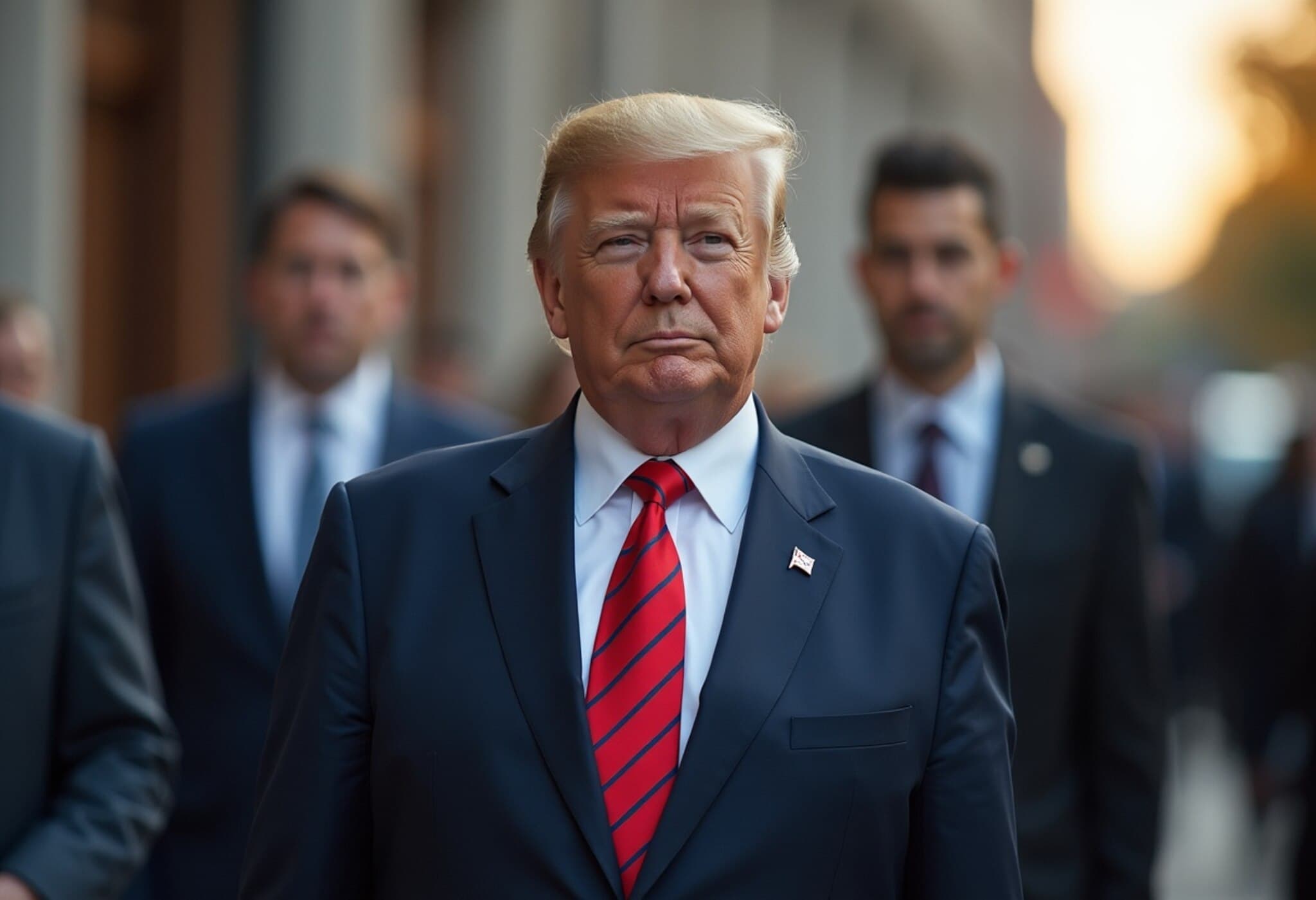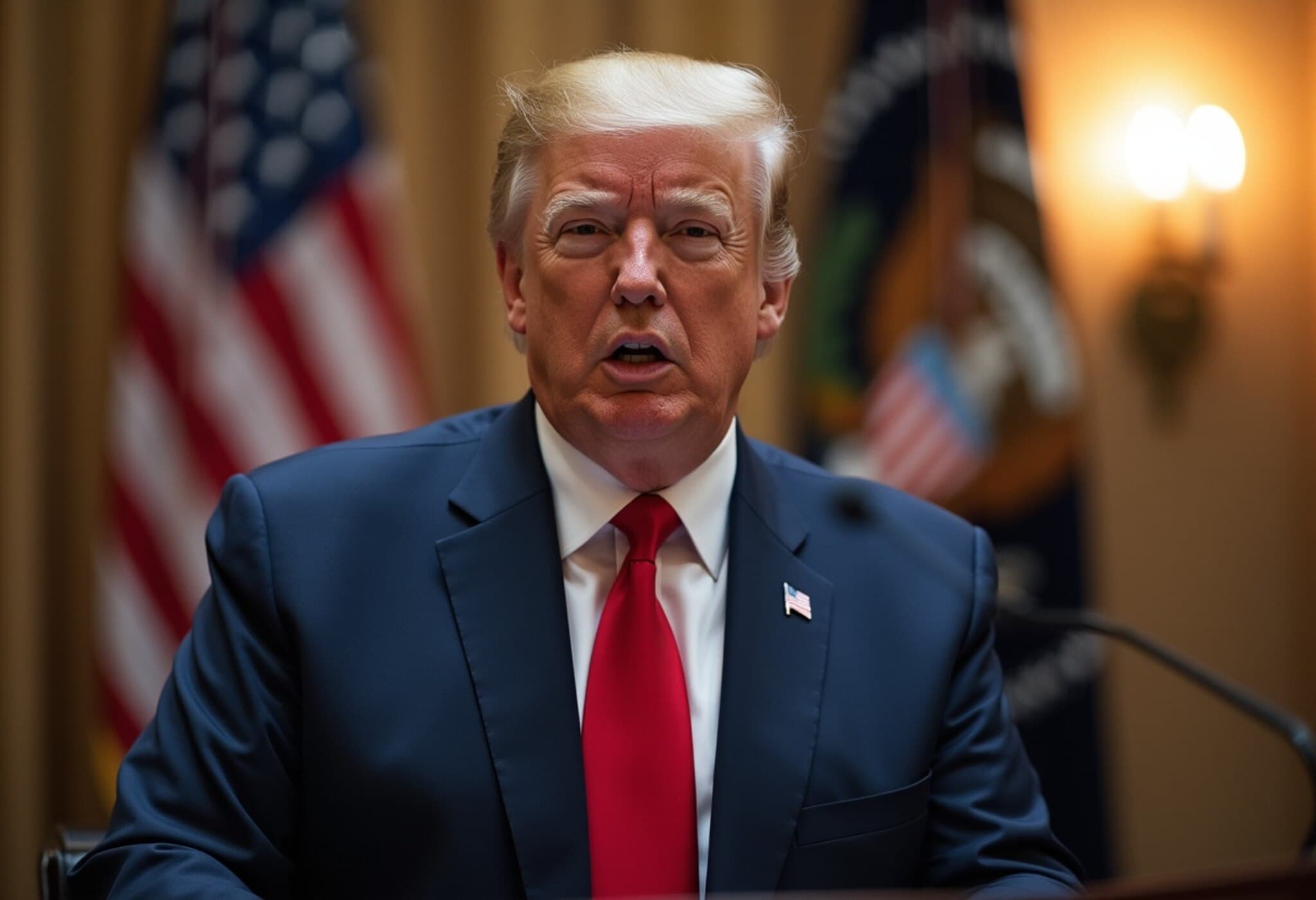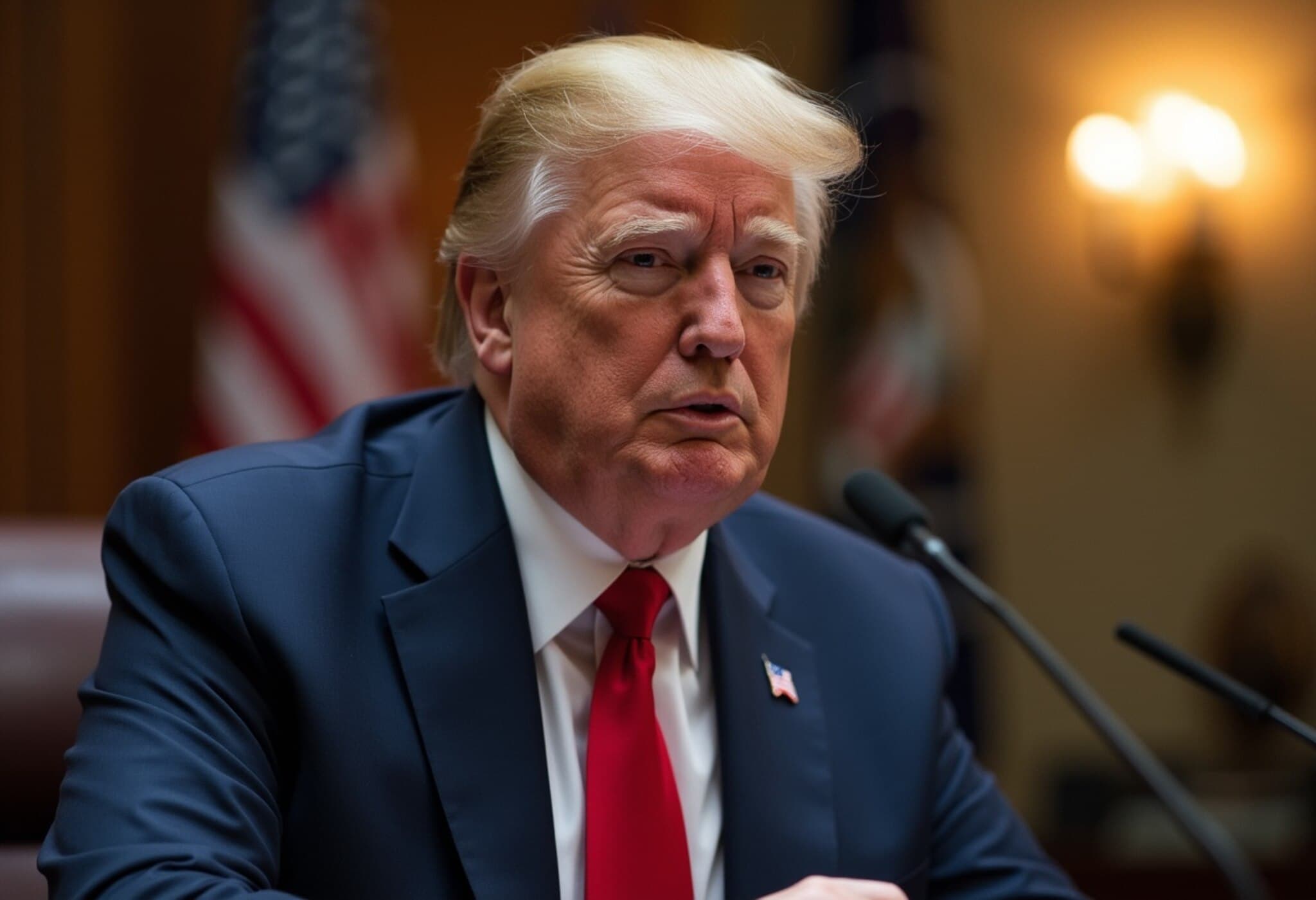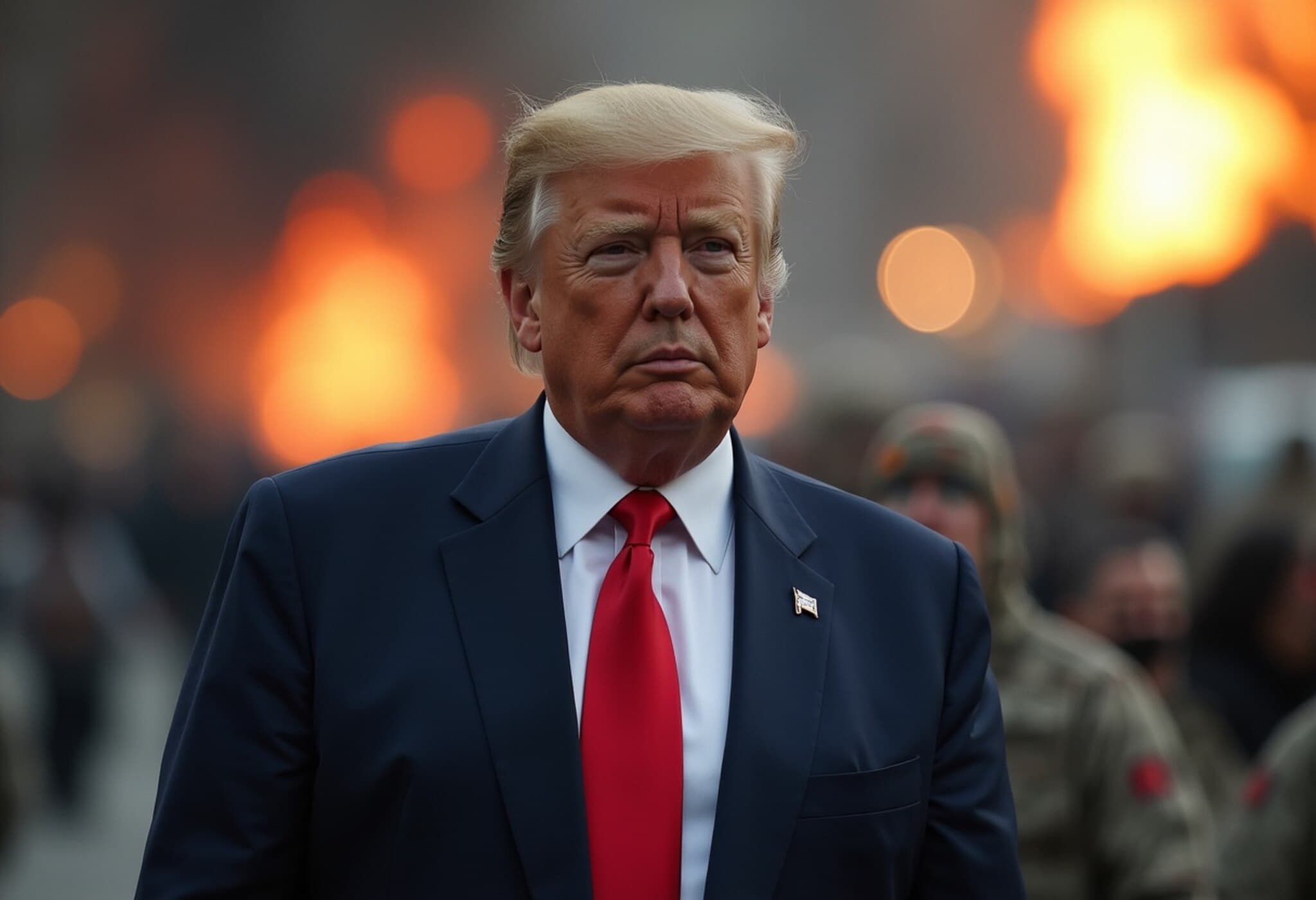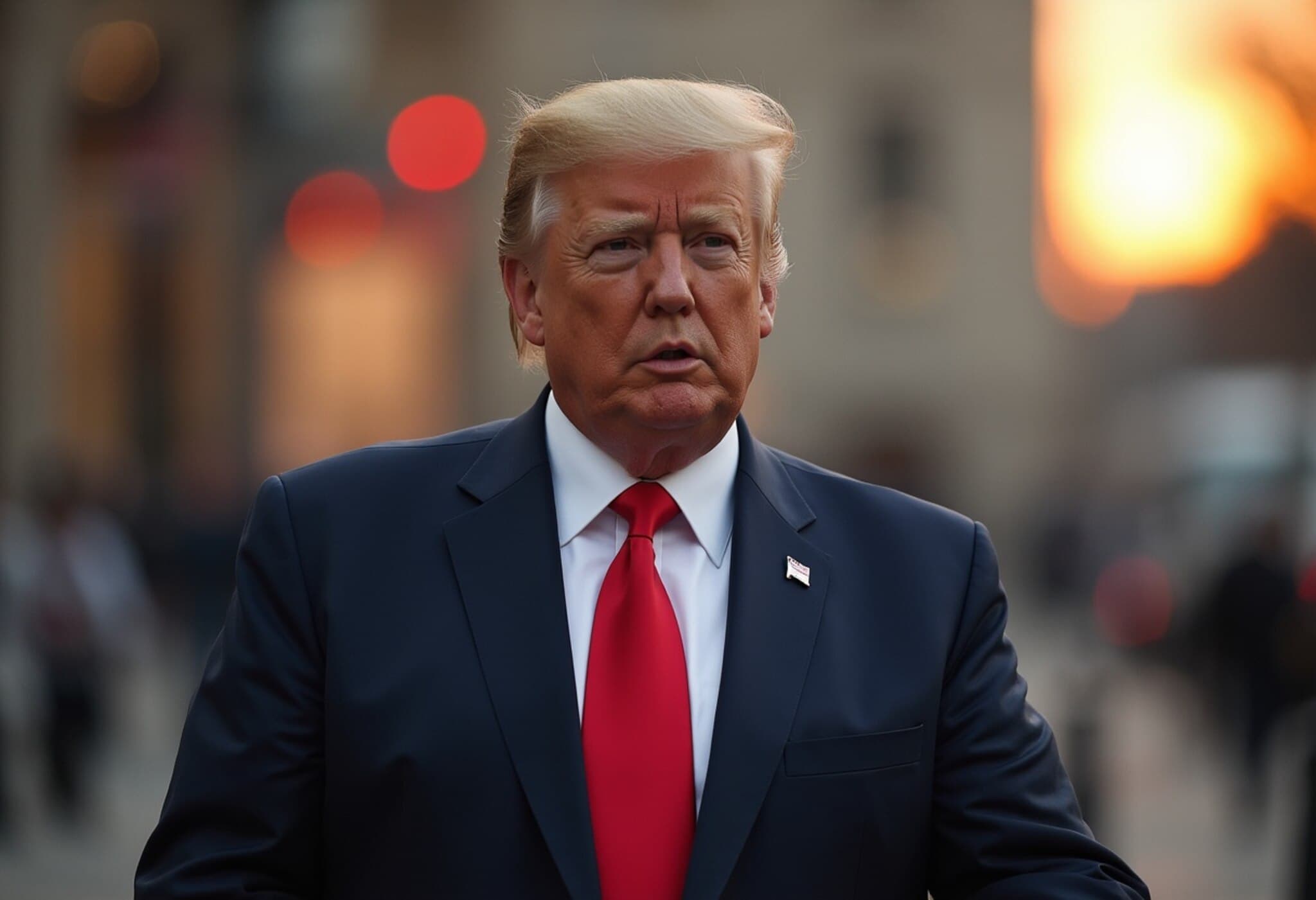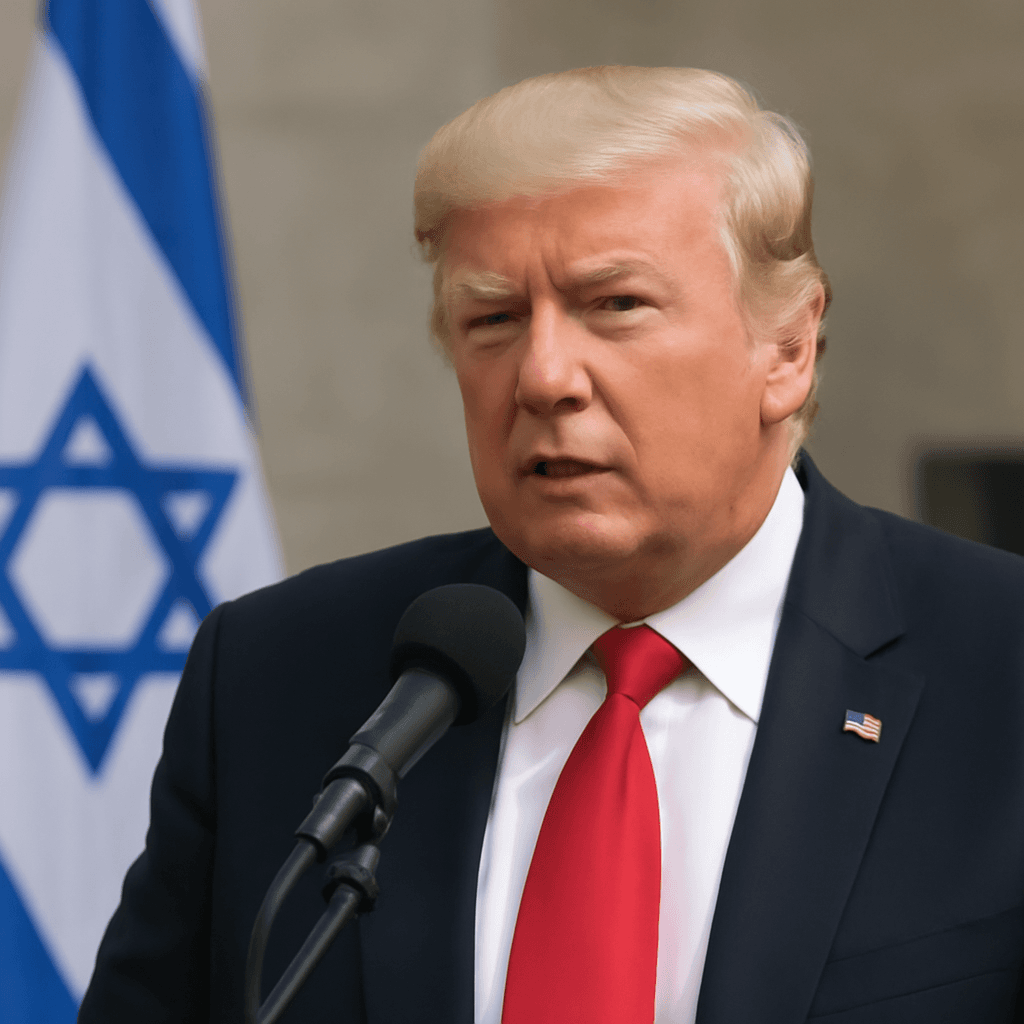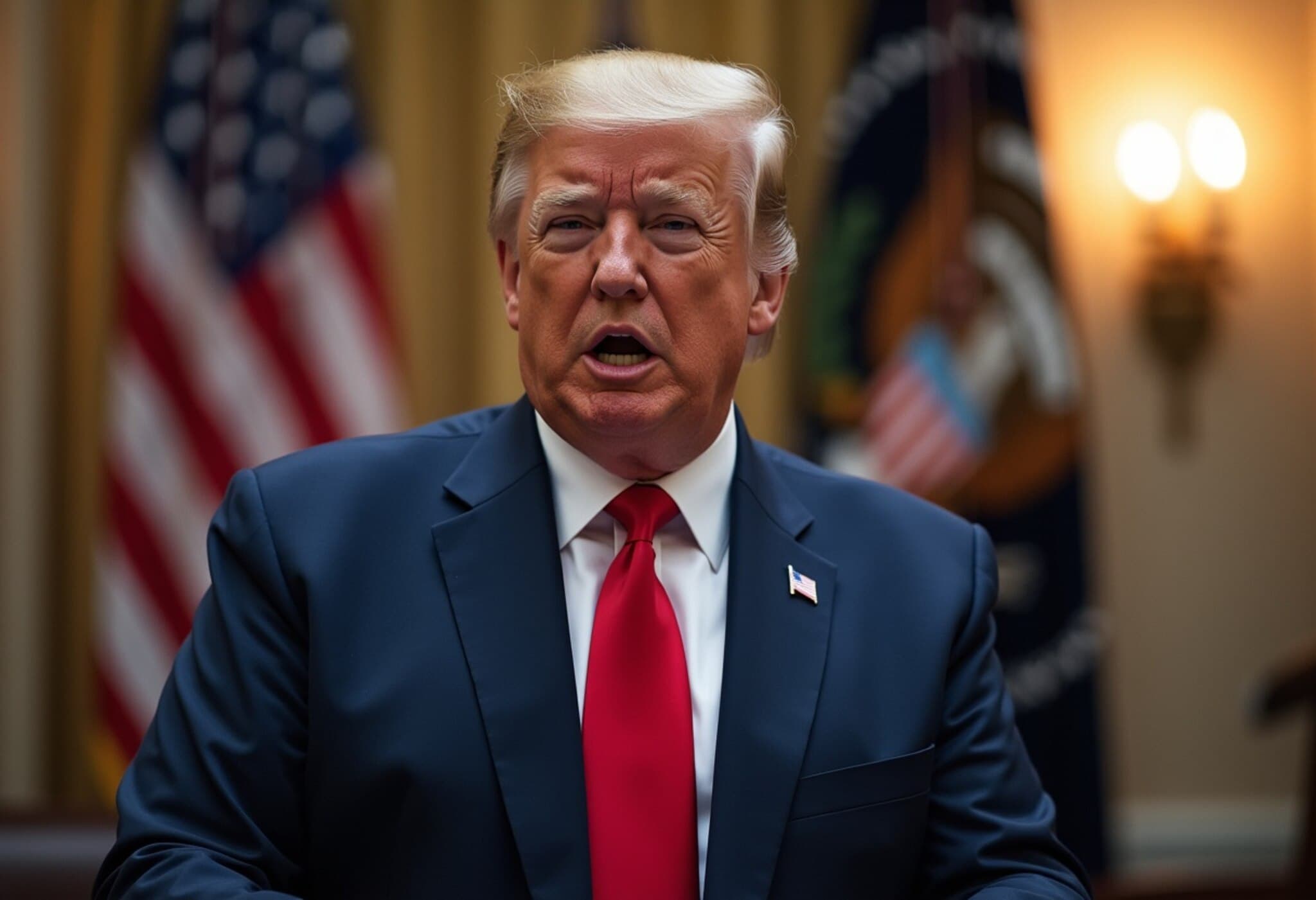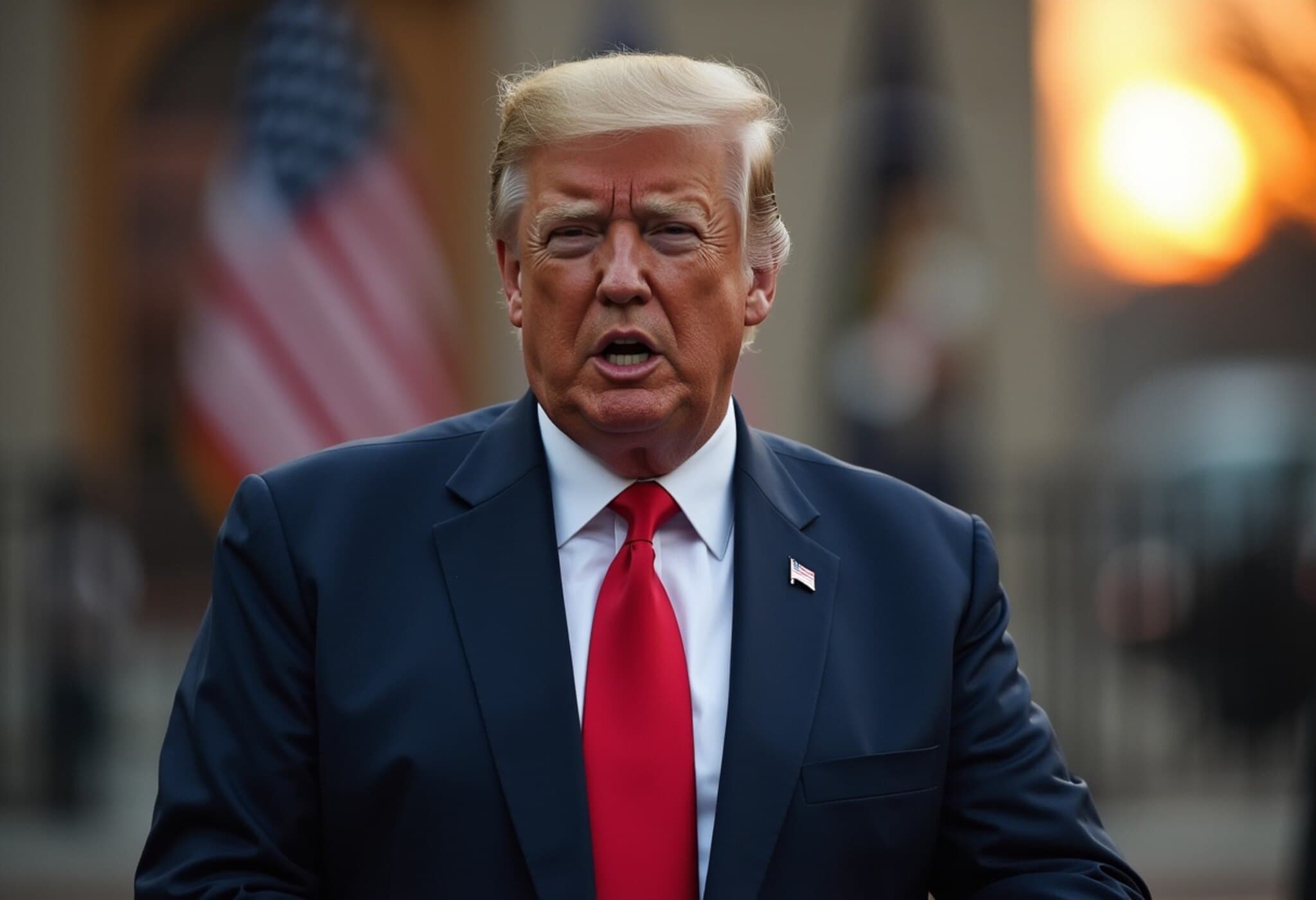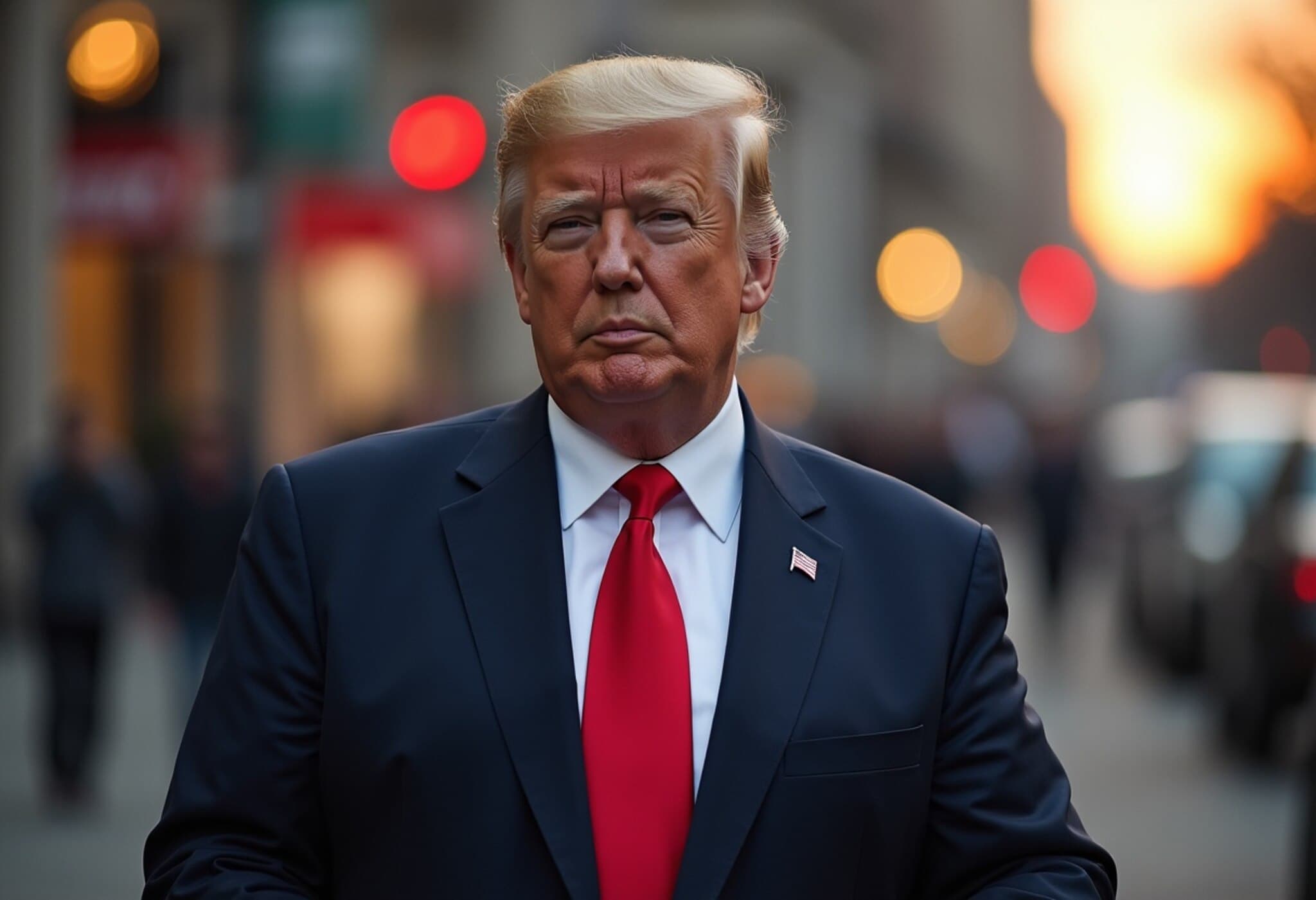MAGA Divided as Trump Throws Support Behind Israel
The MAGA movement finds itself at a crossroads as former President Donald Trump extends backing to Israel amid escalating Middle East tensions. This shift has ignited a fierce debate within MAGA ranks, exposing deep divisions over America's role in the region.
Isolationists Push Back Against US Involvement
Several prominent MAGA voices, including conservative commentator Tucker Carlson, ex-White House aide Steve Bannon, and Congresswoman Marjorie Taylor Greene, have openly challenged Trump's stance. They argue that supporting Israel contradicts Trump's earlier promises to steer the United States clear of foreign conflicts.
Carlson, in particular, has accused Trump of becoming "complicit" in Israel’s military actions, pointing to US funding and arms supplied to Israel as factors that entangle Washington further into the conflict. He sharply contrasted the divide in the discourse, emphasizing that it isn’t simply about supporting Israel or Iran, but about the broader choice between warmongering and peace-seeking forces.
On the other side, Bannon advised Trump to maintain a hands-off approach, while Greene questioned the actual threat Iran poses to US interests, stressing skepticism about fighting wars on behalf of Israel.
Pro-Israel MAGA Figures Rally Behind Trump
Notably, other influential MAGA supporters, including media personalities Sean Hannity and Mark Levin, along with Senator Lindsey Graham, have endorsed Trump's show of support. Their backing stems largely from concerns over Iran’s nuclear ambitions, although intelligence assessments, like that highlighted by Tulsi Gabbard, caution against viewing Iran as actively developing nuclear weapons.
Gabbard, who has testified on Iran’s nuclear status, clarified that while Iran’s enriched uranium stockpiles are alarmingly high, the consensus remains that Tehran has not authorized an active nuclear weapons program since 2003.
MAGA’s Broader Sentiment: A Mix of Anti-War and Complex Identities
While certain factions within MAGA hold explicit anti-Jewish views, the larger MAGA base predominantly leans isolationist, wary of prolonged foreign engagements. Many blame decades of overseas conflicts for the staggering $36 trillion national debt, fueling calls to prioritize domestic issues over international entanglements.
Polling within MAGA circles underscores this divide, with significant portions expressing discomfort with Trump's alignment with Israel, signaling ongoing tension between leadership direction and grassroots sentiment.
Conclusion
The rift within the MAGA movement highlights the complexities of US foreign policy debates, especially when intertwined with domestic political loyalties. As Trump navigates these turbulent waters, the question remains whether he can reconcile MAGA’s traditional isolationist principles with his current foreign policy positions.

